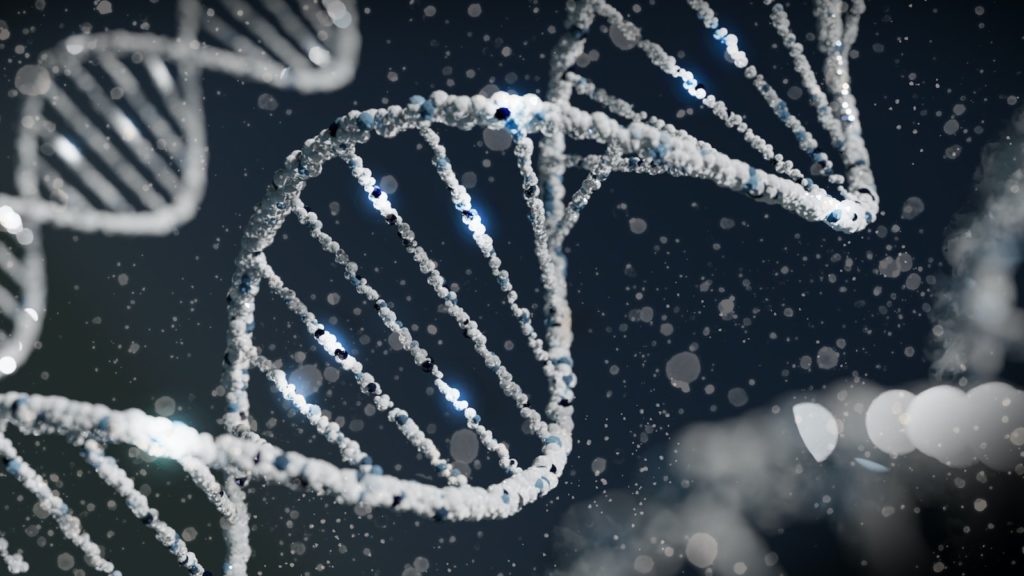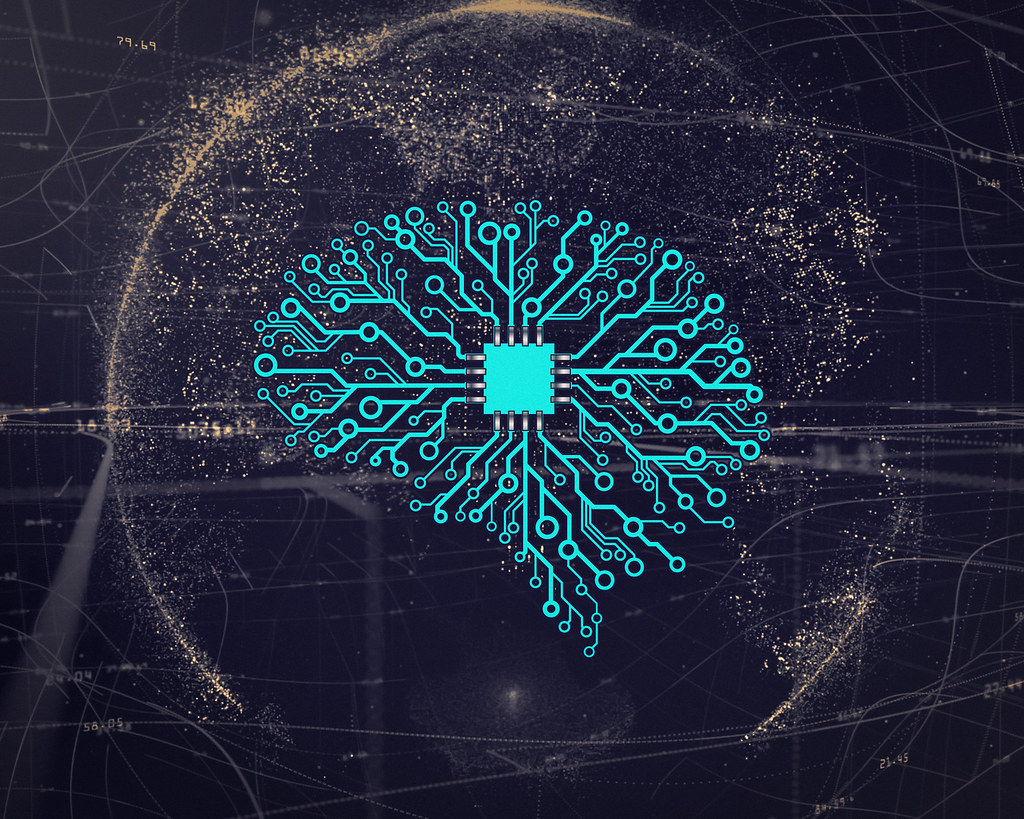Quest for Immortality: Could We Extend Human Life? | Digital Immortality
The quest for longer life spans has been an enduring pursuit of humanity throughout history. Advancements in science and technology have significantly improved the quality of life and medical care, leading to increased life expectancy worldwide. But could these advances eventually push the boundaries of human longevity beyond 100 years? In this blog post, we delve into the intriguing realm of life extension research, exploring the potential of biotechnology, human genetics, evolutionary biology, and artificial intelligence in prolonging human life.
Advancements in Biotechnology and Human Genetics

In recent decades, groundbreaking research has been conducted in the fields of biotechnology and human genetics, offering promising insights into the possibility of extending human life. Scientists have identified specific genes associated with longevity, such as the FOXO3 gene.
The FOXO3 gene, known for its association with longevity, has been the subject of intense research. This gene plays a pivotal role in cellular repair and stress resistance, making it a potential target for interventions aimed at enhancing lifespan.
Additionally, advancements in gene-editing technologies like CRISPR (Clustered Regularly Interspaced Short Palindromic Repeats) have opened up new possibilities for modifying genes linked to age-related diseases, potentially delaying their onset.
How does CRISPR work?
CRISPR is a revolutionary genetic tool that enables scientists to make precise changes to an organism’s DNA. It functions as a molecular pair of scissors, capable of cutting DNA at specific locations. Once the DNA is cut, the cell’s natural repair mechanisms come into action, allowing researchers to introduce desired modifications or edits to the genetic code.
For age-related diseases, such as Alzheimer’s or cancer, CRISPR offers a promising avenue for understanding the genes associated with these conditions and potentially developing interventions to combat or mitigate their effects.
Moreover, scientists are exploring the concept of “longevity pathways” – genetic pathways that regulate aging processes. By understanding and manipulating these pathways, researchers hope to slow down or reverse the aging process, leading to longer and healthier lives. These pathways are involved in regulating various cellular and molecular functions, including metabolism, DNA repair, stress response, and cellular decline. They play a crucial role in determining the rate of aging and susceptibility to age-related diseases.
Lessons from Trees and Their DNA
Trees have long fascinated scientists due to their impressive lifespans, which can span hundreds and even thousands of years. By studying the genetics of long-lived trees like the bristlecone pine, scientists have gained valuable insights into the mechanisms that enable these organisms to resist diseases, repair cellular damage, and survive for centuries. The resilience and ability of trees to survive for centuries, despite environmental challenges, offer valuable lessons on how to bolster human health and prolong life. Such research could hold potential clues for extending human lifespans by understanding and emulating the strategies employed by these ancient organisms.
Also read: Unveiling Earth’s Enigmas: 15 Immensely Interesting Facts about Earth
Longevity Among Other Species
While humans have relatively modest lifespans compared to some trees, there are several water and land animals that exhibit remarkable longevity. For instance, certain species of tortoises and whales can live well over 100 years. The unique genetic and physiological traits of these animals contribute to their extended lifespans. The exact reasons for their extended lifespans vary, with factors such as slow metabolism, enhanced DNA repair mechanisms, and unique evolutionary adaptations playing critical roles. Understanding the genetic and physiological traits that contribute to the longevity of these animals, may provide valuable insights for human life extension research.
Artificial Intelligence (AI) and the Preservation of the Human Mind – Digital Immortality

Artificial Intelligence (AI) has made significant strides in recent years, leading to the exploration of new frontiers in human-machine interactions. Advancements in artificial intelligence have sparked fascinating discussions about the potential for “digital immortality”. Through advances in artificial intelligence, brain-computer interfaces, and virtual reality, this idea of achieving digital immortality has intrigued researchers.
Some experts propose that AI could potentially contribute to life extension by preserving and imitating a person’s mind. This concept of digital immortality involves creating an AI system that mirrors an individual’s thoughts, memories, and personality, essentially creating a digital replica of their consciousness. It raises profound questions about the nature of human identity and the potential for a new form of existence that transcends the limitations of our physical bodies. While this idea remains speculative, it sparks discussions about the future of AI and its role in shaping human life.
Current Life Expectancy
As of 2023, the global average life expectancy has increased significantly compared to previous centuries. Improved healthcare, sanitation, nutrition, and lifestyle choices have contributed to this positive trend. According to the World Health Organization (WHO), the average global life expectancy in 2023 is approximately 73 years. However, in certain regions and developed countries, life expectancy can exceed 80 years.
One of the most significant factors influencing life expectancy is the reduction of mortality rates from infectious diseases. Vaccination programs, improved hygiene practices, and the availability of antibiotics have played a pivotal role in combatting diseases that were once major threats to human life. The current life expectancy trends reflect the progress humanity has made in the fields of healthcare, medical research, and public health. Advancements in medical technology, disease prevention, and improved living conditions have collectively contributed to longer and healthier lives for people around the world.
The pursuit of extending human life beyond 100 years is a complex and multifaceted endeavor. While advancements in biotechnology, human genetics, evolutionary biology, and artificial intelligence hold promise, significant challenges and ethical considerations must be addressed. As we continue to unravel the mysteries of aging, it is essential to approach the goal of longevity with caution, keeping in mind the importance of overall well-being and quality of life. As science and technology continue to evolve, the true potential of extending human lifespans remains an ever-evolving question that awaits future discoveries and advancements.